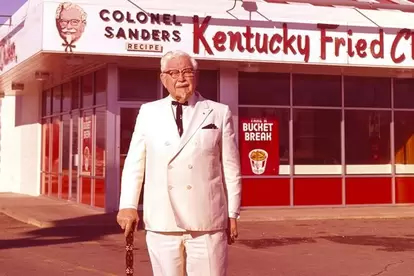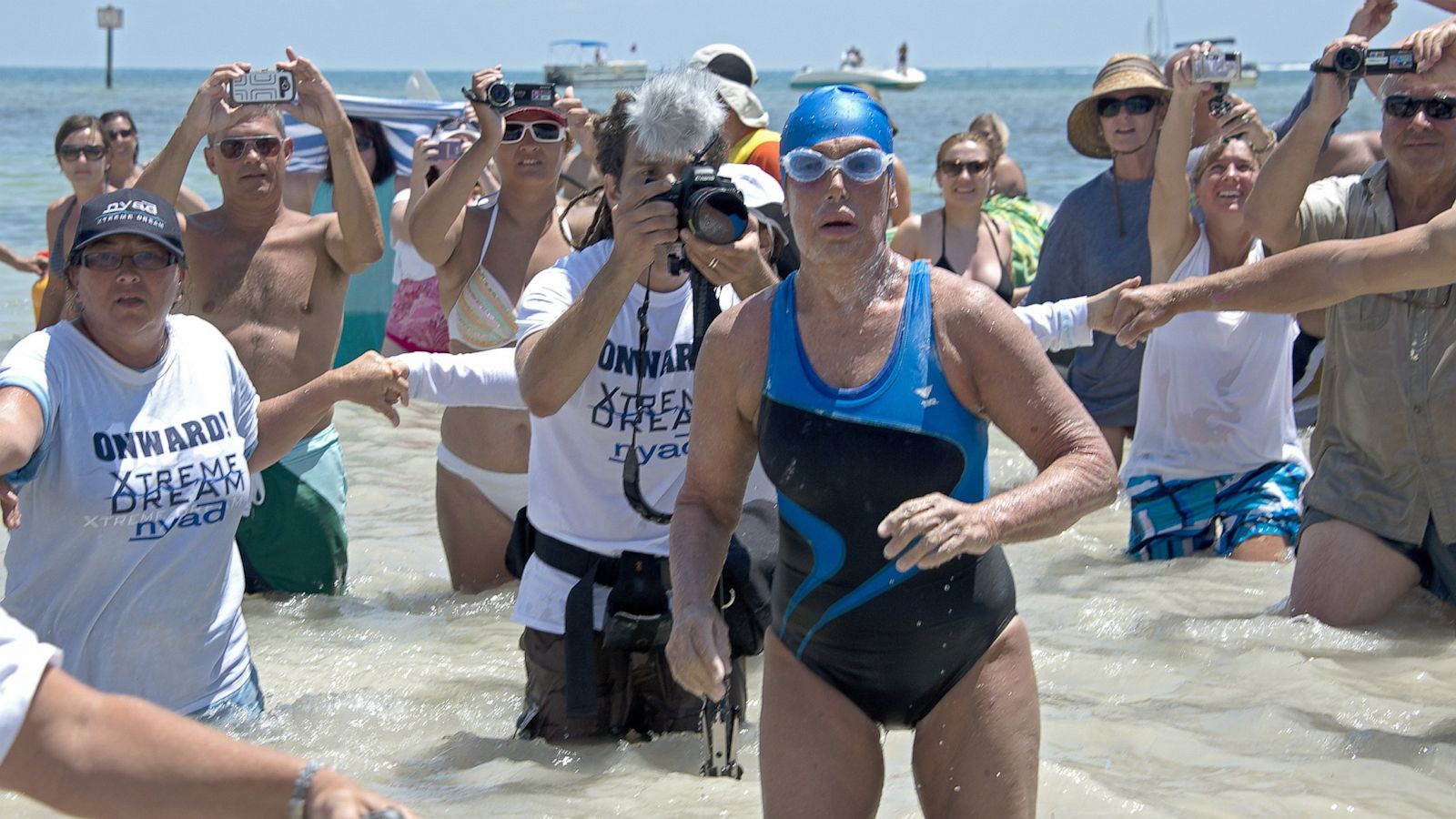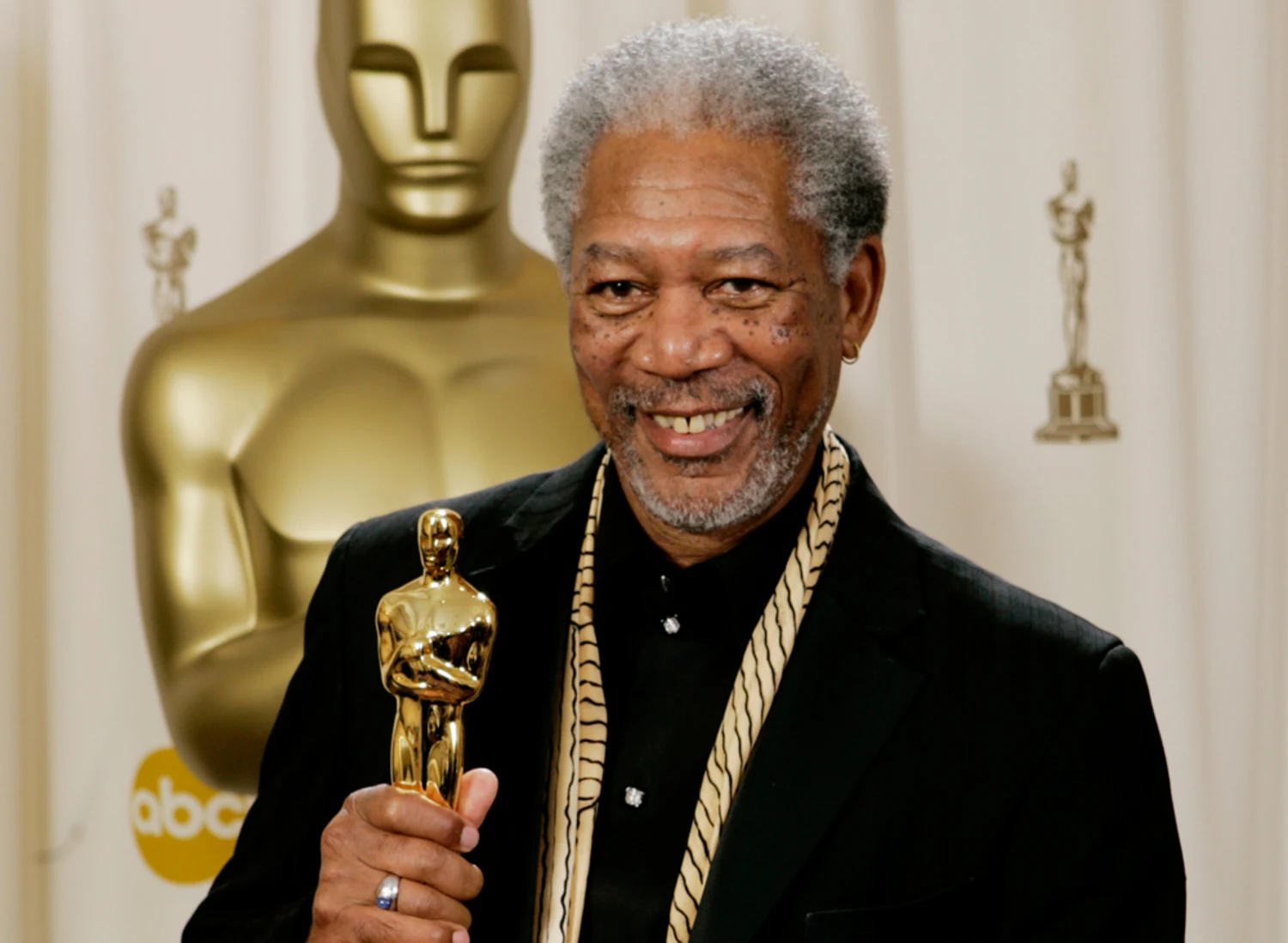Moxie: It's Never Too Late
Jun 02, 2025ONE STORY

("Five O'Clock," Photo by Ángeles Andrade, 2014.)
"It's Never Too Late"
This week’s Moxie is a little different.
Not one story–five.
Why?
Because many of you are anxious.
Worried about the path you’re on. Second-guessing the choices you’ve made–and the ones still in front of you. You feel like you might be missing something.
But here’s a truth: Most of our heroes weren’t lightning bolts.
They were the result of years–sometimes decades–of quiet, unseen effort. Many industry titans were grinding in the dark long before anyone knew their names.
So today: a few stories to inspire you.
A reminder to keep going. To not disavow the choices you’ve made–the detours, the delays, the discipline.
Because none of it is wasted.
Here are five people who prove it’s never too late to become something more...
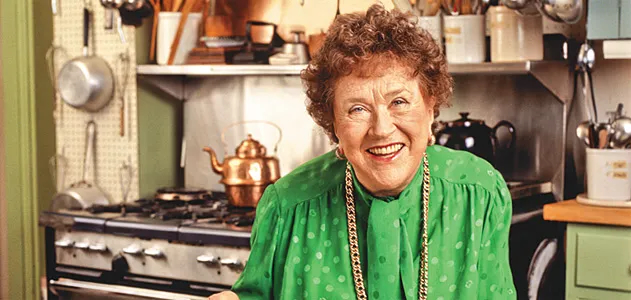
(Julie Child, Photo by Smithsonian Magazine.)
Julia Child – 37 Years Old, Can’t Cook
Julia Child didn't step into a kitchen with any real intention until she was 37. When she moved to France with her husband, she discovered French cuisine–and became obsessed.
She spent years learning, testing, and perfecting recipes. At 49, she published Mastering the Art of French Cooking–a book that almost didn't get published because editors thought Americans wouldn't cook French food.
At 51, she launched The French Chef on public television, becoming the first celebrity chef.
"I was 32 when I started cooking; up until then, I just ate."
Colonel Sanders – Broke at 62
Harland Sanders failed at nearly everything he tried. At 62, he was broke and living on Social Security–with nothing but a fried chicken recipe he'd perfected over the years.
He packed his car, drove across the country, slept in his backseat, and pitched his recipe to restaurant owners. He was rejected over 1,000 times.
Finally, someone said yes. By 73, Kentucky Fried Chicken had become a global phenomenon.
"No hours, nor amount of labor, nor amount of money would deter me from giving the best that there was in me."
Diana Nyad – Four Failures, One Triumph
Diana Nyad had a dream most people would call impossible: swim from Cuba to Florida without a shark cage. She first attempted it in her twenties–and failed.
She tried again in her thirties, forties, and fifties. Each time, the ocean won.
At 64, when most people are slowing down, she decided to try again. After 53 hours in the water, she touched the shore in Key West–becoming the first person to complete the swim without protection.
"Find a way."
Morgan Freeman – Fame at 50
For decades, Morgan Freeman was a working actor–doing stage plays, children’s television, and background roles. He was respected, but not recognized.
Then at age 50, he broke through with Street Smart, earning his first Oscar nomination. From there: Driving Miss Daisy, Glory, Shawshank Redemption–all after 50.
His voice, presence, and patience make him unforgettable.
“It’s what you do with the chance you’re given that determines where you’ll end up.”
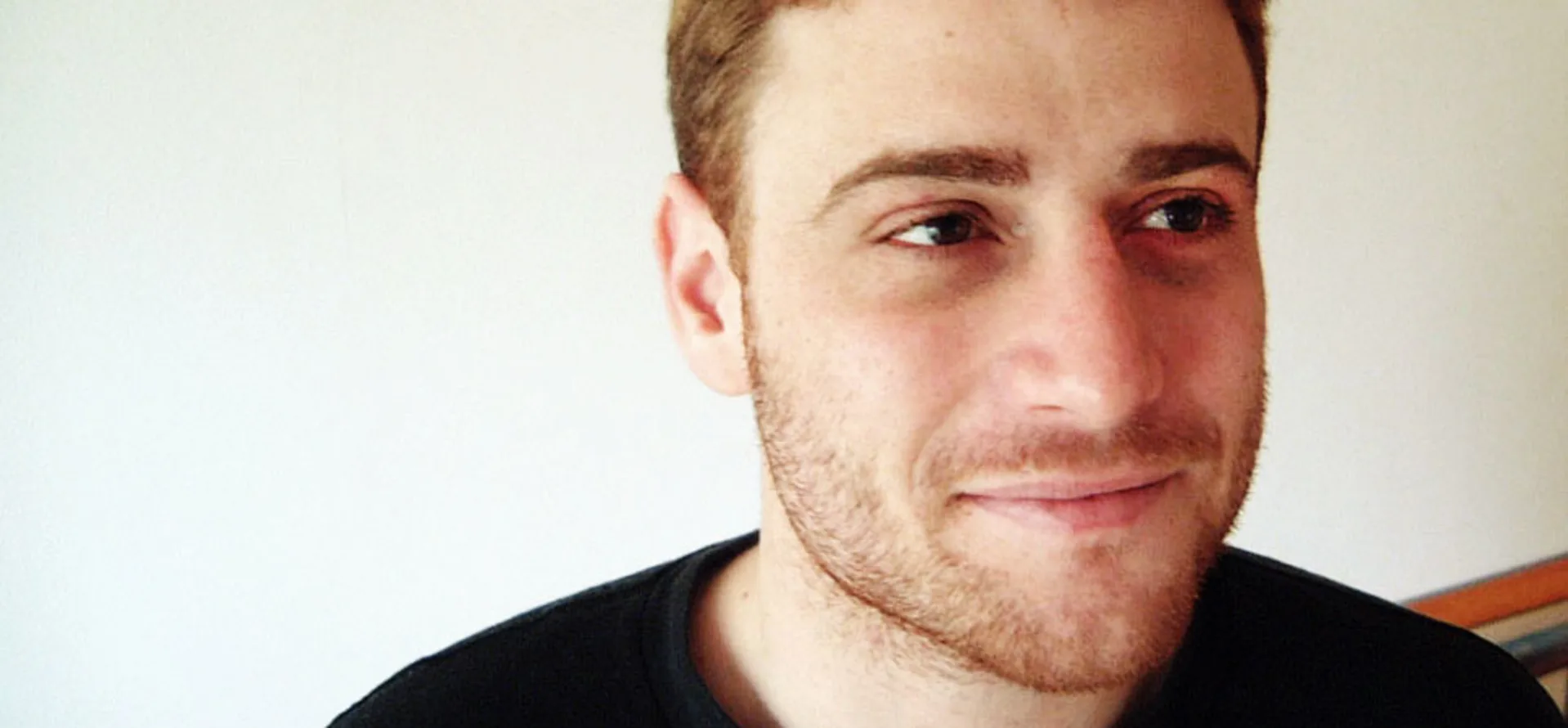 (Stewart Butterfield, Photo by Inc Magazine, 2015.)
(Stewart Butterfield, Photo by Inc Magazine, 2015.)
Stewart Butterfield – The Side Project
Stewart Butterfield set out to build the next great video game. He raised money, assembled a team, and poured everything into a project called Glitch. It flopped. Completely.
But during development, his team had created an internal messaging tool to work more efficiently. That side project became Slack–which transformed workplace communication and eventually sold for $27.7 billion.
Butterfield was 41 when Slack launched.
"Failures in the context of work really sting and you want to come up with some narrative around them about why they're not failures. But if you try to learn from them, you can turn losses into successes."
📜 TWO QUOTES
“It is never too late to be what you might have been.”
– George Eliot
"Success is stumbling from failure to failure with no loss of enthusiasm.”
– Winston Churchill
🚀 THREE TAKEAWAYS
1. No experience is wasted. That job you hated? That relationship that didn’t work out? The season you thought was a detour? They’ve all shaped you. If you choose to learn from them, they become part of your momentum–not your regret.
2. Time isn’t running out. The timeline you’re measuring yourself against? It’s made up. You’re not late. You’re not behind. You’re simply in the middle of becoming–and that’s exactly where transformation happens.
3. Your story gets better the longer you’re willing to write it. The goal isn’t to peak early. It’s to grow deeper, stronger, and more whole over time. What feels slow might actually be sustainable. What feels late might be right on time.
🔍 MOXIE REFLECTIONS
-
What dream have you quietly shelved that's still alive?
-
What part of your past aren't you using–because you've mistakenly labeled it a mistake?
-
What's still in front of you?
🛠️ TOOLS FOR GROWTH
🧩 PATTERN RECOGNITION: Present Bias
Present Bias is our tendency to overvalue short-term results and undervalue long-term progress.
Why it matters: It makes you impatient. If progress isn’t instant, you assume you’re off track.
You think: “If it hasn’t happened by now, it probably never will.”
The result: You quit too early. You chase something new instead of compounding what’s already working. You trade long-term payoff for short-term relief.
But the truth is: Big results come from boring consistency.
Diana Nyad didn’t buy the lie. She swam for 53 hours–because some things are only possible if you keep going.
🧠 MENTAL SKILL OF THE WEEK: Reframing the Past
Reframing the Past is the ability to reinterpret your experiences–not as setbacks or wasted time, but as preparation. It’s the mental shift from regret to raw material.
How to use it: Instead of asking, “Why did that happen?” Ask, “What did that season give me that I can use now?”
This doesn’t mean sugarcoating pain.
It means refusing to let it be pointless.
Reframing helps you mine your history for wisdom, fuel, and direction. Because nothing is wasted–unless you choose not to use it.
🌱 ONE MORE THING
You’re not late.
You’re not lost.
You’re not behind.
You’re becoming.
And if you don’t quit,
what’s ahead of you will make sense of everything behind you.
Keep going.
We need who you’re becoming.
***
All the best,
Kevin Knox
\\\ If this resonates, share it. Someone you know might be ready to shelve the dream–convinced it’s too late. But maybe all they need is a reminder: it’s not over. A quiet nudge from you could be the reason they give it one more shot.
– – –
🔹 Bonus Proof: 10 More Late Bloomers
Ray Kroc – Bought McDonald's at 52 after selling milkshake machines. He didn't invent fast food–he scaled it through conviction and persistence.
Stan Lee – Created the Marvel Universe in his 40s, after nearly quitting the comic industry. Spider-Man, Iron Man, and the rest? Born from one last creative risk.
Frank McCourt – Taught for 30 years before writing Angela's Ashes at 66. His classroom stories became a Pulitzer Prize-winning memoir.
Grandma Moses – Took up painting in her 70s after arthritis ended her embroidery. Her folk art eventually hung in museums around the world.
Taikichiro Mori – A quiet academic who pivoted to real estate in his 50s. Became the richest man on earth–slowly, steadily.
Vera Wang – Designed her first wedding dress at 40 after careers in journalism and skating. Built a global fashion empire through reinvention, not pedigree.
Toni Morrison – Published her first novel at 39, won the Nobel Prize later. She wrote from the margins–of time, space, and brilliance.
James Dyson – Took 5,126 prototypes before one vacuum worked. His company didn't take off until his 40s. Tenacity built the empire.
Kurt Warner – Bagged groceries before becoming an NFL MVP at 28. He stayed ready. When his shot came, he didn't flinch.
Norman Maclean – Published A River Runs Through It at 74. A life of quiet reflection became a timeless literary classic.

